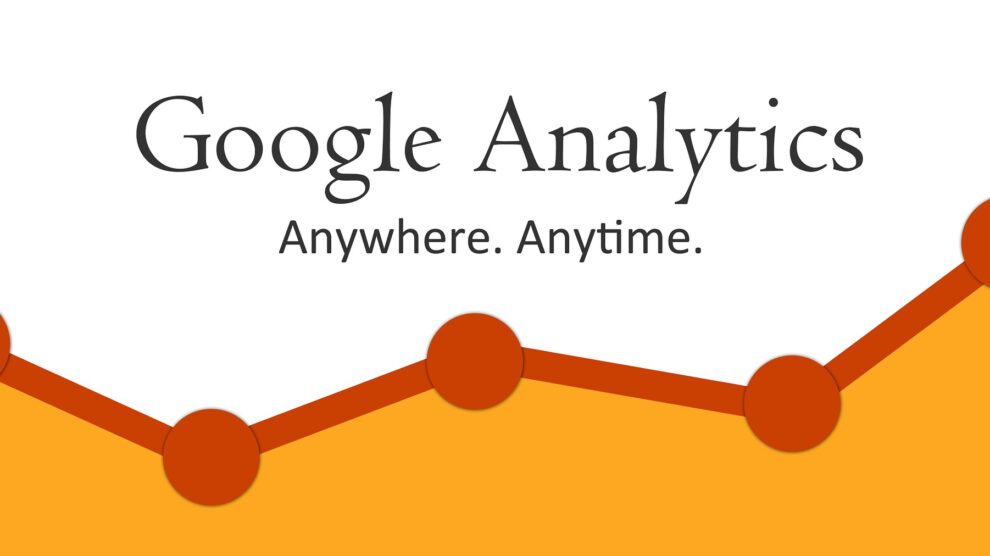With more shoppers going online to search for information or find products or services, the amount of web data has significantly grown over the years. In addition, the amount and granularity of consumer insight that brands can derive from web data have also increased.
A prolific data analytics tool you can use to collect and analyze your website data is Google Analytics. Google Analytics is a Google-powered analytics tool that tracks website behaviors such as pages that website users visit or the number of pages an average user visits. These insights are incredibly useful and important for businesses that want to optimize their websites for better user experience, learn more about their consumers, and improve their websites or marketing to generate more sales.
If you don’t have an expert Google Analytics consultant to provide you with Google Analytics consulting and analyze your website data, you can learn about Google Analytics by taking a Google Analytics training course and performing data analysis on your own. A Google Analytics training course would equip you with the fundamentals that you need to dig into your own website data and derive insights from the information.
Here are three key benefits of taking a Google Analytics training course that you should know!
1. Know the Basics
In today’s highly digital and data-driven world, it’s imperative to know the basics of Google Analytics. By taking a Google Analytics training course, you’ll gain the fundamentals of Google Analytics such as how the analytics tool collects data and how you can dissect and analyze the data to gain unraveling insights about your audience. You can transform these insights to improve your marketing campaigns. For example, you can learn how to segment your website traffic based on geographic locations and see from which regions or cities you’re gaining the most website traffic and sales. You can then focus more of your advertising budget specifically on these areas. This type of knowledge is a prime example of how learning the fundamentals of Google Analytics lets you understand your website data and audience and use the insights to fine-tune your marketing or website.
Learning the basics also helps you when hiring a Google Analytics consultant or digital marketing agency in the future. If you have a good solid understanding of Google Analytics, you will be better at choosing a qualified Google Analytics consultant or digital marketing agency as a partner for your business.
2. Advance Your Knowledge and Competency
If you already have a good idea of Google Analytics, taking a Google Analytics training course can further your knowledge or help you keep up with the latest best practices or features. For example, you can learn the latest tips on how to filter out spam traffic or create Google Analytics custom segmentations that will help you collect more accurate data and gain more insights about your audience!
3. Learn about Other Google Tools
Google tools are all intertwined and learning about Google Analytics is an excellent step for learning about other useful Google tools. For example, when you take a Google Analytics training course, you can learn about other Google tools such as Google Tag Manager, Google Search Console, and Google Ads, and how they all play together to help you achieve digital success!
Analyzing website data and gaining valuable insights about your web audience is no longer an option for a business – it’s mandatory. By learning about Google Analytics in a Google Analytics training course, you can get your hands dirty in learning the ins and outs of the popular Google-powered analytics tool and how you can derive insights from data to optimize your marketing and website performance!





